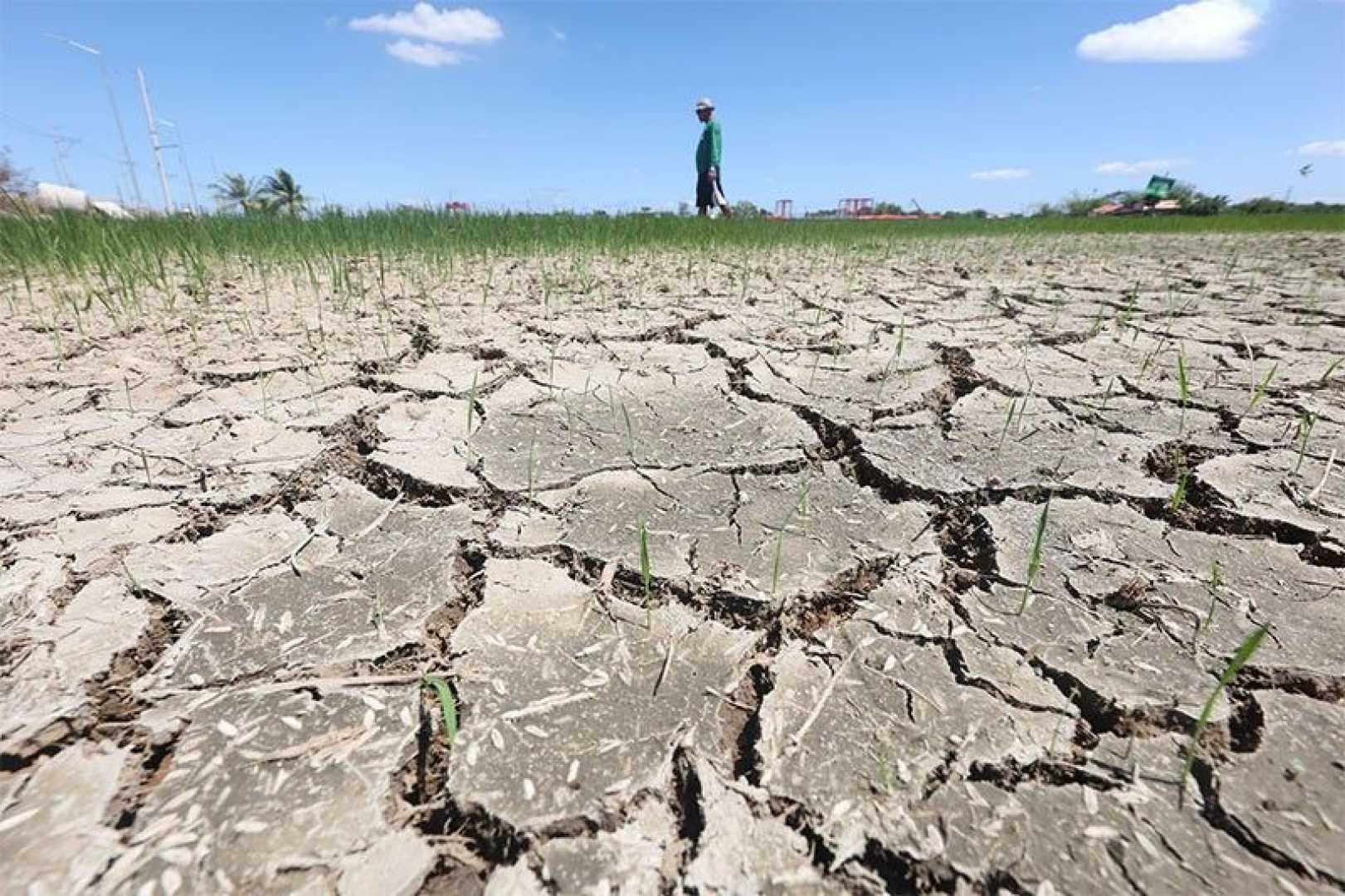News
Cebu Farmers Seek More Aid as El Niño Threat Looms

CEBU CITY, Philippines — Farmers in Cebu City are calling for increased support from local authorities as they brace for a potential drought caused by the El Niño phenomenon. With water shortages threatening crop production, farmers are urging the city government to provide additional water pumps and storage containers to sustain their livelihoods.
Casimero Pilones, head of the Alliance of Cebu City Farmers Association, emphasized the urgent need for more water resources. “The City Agriculture Department (CAD) has been helpful, but we need more water pumps and containers,” Pilones told SunStar Cebu on Saturday, Feb. 1, 2025. He noted that current water drums are insufficient, and many farmers rely on an irrigation system that often fails to reach higher elevations.
Arleigh Gesta, CAD chief, confirmed that the department has begun distributing water drums and hoses to farmers in areas with accessible water sources. “We are also encouraging farmers in upland barangays to create water impounding areas to collect runoff from creeks,” Gesta said on Friday, Jan. 31. The CAD is also updating farmer profiles to ensure all registered farmers receive assistance, with 1,000 new farmers added to the registry, bringing the total to 10,976.
Despite these efforts, concerns remain about the potential impact of El Niño. Jhomer Eclarino, a weather specialist from the Philippine Atmospheric, Geophysical and Astronomical Services Administration (Pagasa) Visayas, warned that while the probability of El Niño occurring in 2025 is currently 30 percent, this could change. Last year, the phenomenon caused severe agricultural losses in Cebu City, affecting 10,000 farmers and forcing the city to declare a water crisis.
To mitigate future losses, the CAD has launched programs focused on crop production, livestock, and urban agriculture. Gesta advised farmers to plant crops with shorter growing periods to reduce costs. “We recommend crops that can be harvested within 45 days,” he said.
Meanwhile, the Cebu City Committee on Infrastructure is exploring the construction of mini dams through a Public-Private Partnership (PPP) to address both flooding and water shortages. Councilor Jerry Guardo, chairman of the committee, identified four upland areas suitable for mini dams, which could also serve as rainwater basins during the rainy season. “These dams could help regulate water flow and provide a bulk water supply for the Metro Cebu Water District,” Guardo explained.
As the city prepares for potential challenges, farmers remain hopeful but cautious. “We need faster and more coordinated support from the government,” Pilones said. “Otherwise, we risk losing our crops and livelihoods.”












